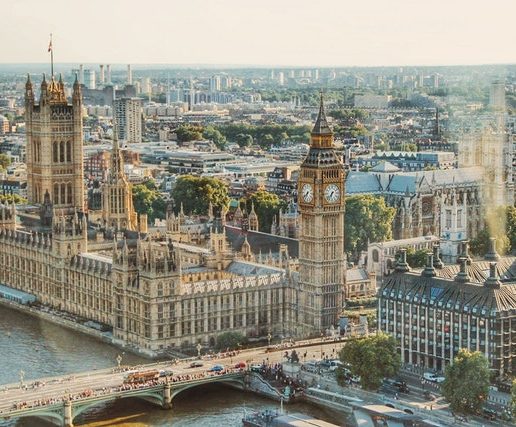VAT evasion is illegal. VAT avoidance is legal but is frowned upon by the UK tax authority, which will use all the powers at its disposal to prevent avoidance, including undertaking investigations designed to cause commercial disruption and litigating.
So where does a taxpayer stand? Given a range of options as to how to structure a transaction is he obliged to choose the option that creates the largest tax payment in order to keep the VAT inspector happy?
HMRC’s position is that a taxpayer is entitled to structure his affairs as he sees fit except where the structure has saving VAT as its sole or main motivation. In short, provided a transaction has a genuine commercial motive it is acceptable – as are the tax consequences that flow from that transaction.
Did you know?

Careful planning can reduce VAT costs

VAT should be considered in the early stages of any transaction
What we do
It is a point of pride to us that our clients pay only the minimum amount of tax due without infringing any laws or causing harm to our clients’ relationship with HMRC. We are not in the business of promoting avoidance schemes and to date no Constable VAT client has been called to enter into litigation concerning an approach we have recommended. However, our clients should not pay more tax than their competitors and we are happiest when they pay less.
What our clients say
A huge thank you to Helen for literally saving one of my clients. A new client came to me with a major VAT problem. I involved Helen and the result was fantastic. Better than either I or my client could have imagined. Without Helen's help the client would almost certainly have gone into liquidation. Brilliant work.
Peter Disney | Wood and Disney
Benefits for your business
We try to agree outcomes with the tax authority in advance of transactions when possible and deliver outstanding results as a result of technical excellence, presentational skills and attention to detail.





